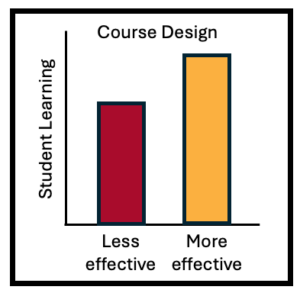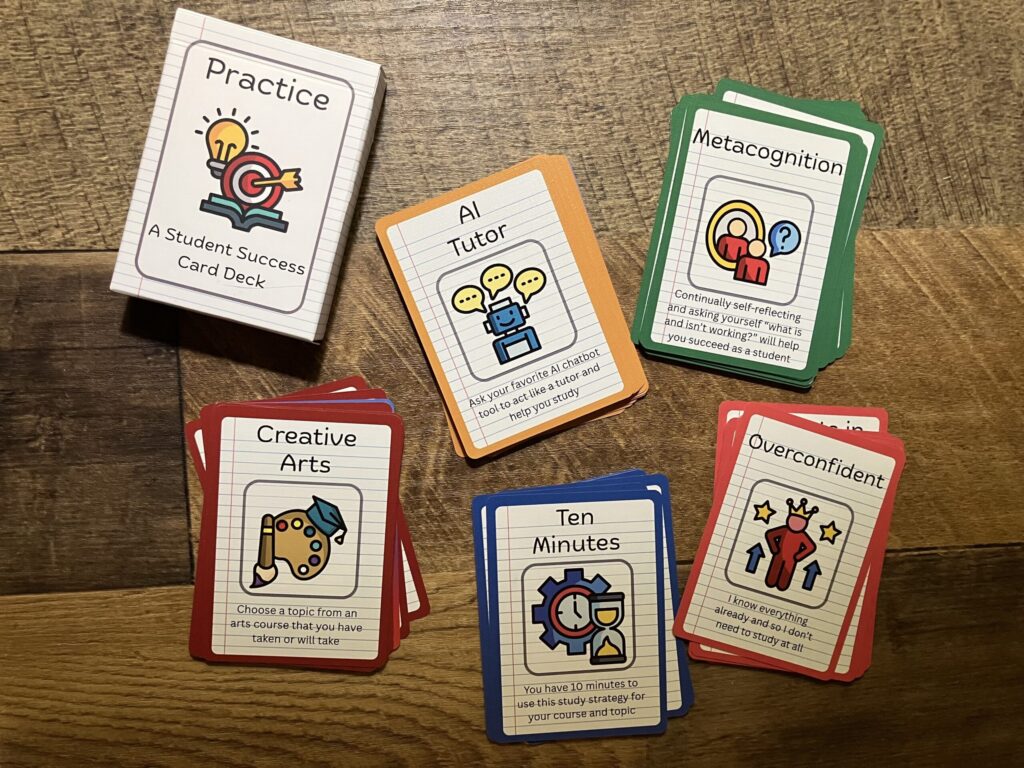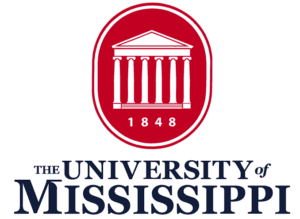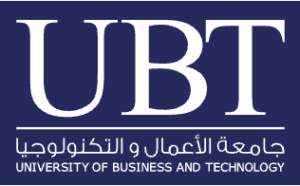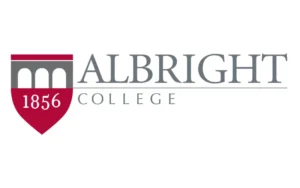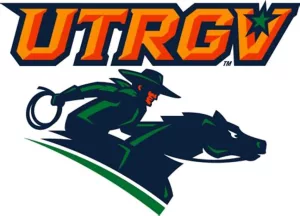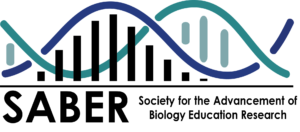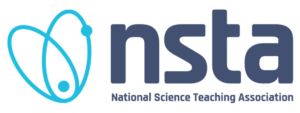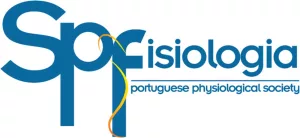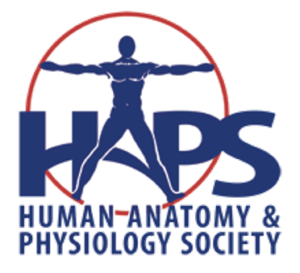Join Justin’s mailing list to stay up to date alongside hundreds of educators on how we can improve STEM education together!
Improving STEM Education Together
Effective STEM course design and teaching are critically important for maximizing student engagement and improving student outcomes. Whether it be at the level of the syllabus, a single lesson, or an entire course, using evidence-based course design and instructional practices improve student learning and outcomes and are therefore a potent strategy to recruit new students, improve student performance, increase student retention, and fix the “leaky pipeline” in STEM. When tailored to your own specific institution and situation, you will be able to use evidence-based strategies to help your STEM students successfully navigate your program and achieve exceptional career goals.
Making Impacts Happen
Dr. Justin Shaffer applies his extensive 12+ year experience in the classroom as a STEM teaching professor, his skills in discipline-based education research studying effective STEM course design and active learning, and his enthusiasm for working with faculty, future faculty, and academic leaders to partner with you to learn about how evidence-based strategies can transform your courses, teaching, programs, and student outcomes. Contact Justin to partner with him on workshops, keynotes, seminars, consulting projects, and more related to STEM course design and teaching.
STEM Program Characterization
Work with Justin to gain deep insights into the course design and teaching landscape in your STEM program. Using data from faculty surveys, course syllabi, and institutional data on student performance, Justin will use validated instruments from the education literature to provide a comprehensive overview of the current landscape of teaching and student outcomes in your program and each faculty will receive an individualized report for their courses. This overview can identify strengths and weaknesses at the instructor and program/department level and can be used as evidence to develop a strategic plan to improve curriculum, instruction, and assessment in your program. This overview can also be used to complement accreditation strategies (e.g. ABET, HLC, etc) and existing plans for improving teaching and learning. This characterization can be repeated at a later date to document the positive changes that have accrued from faculty working to redesign their courses and teaching practices.
Alignment: A Course Design Card Deck
Available now! Course design can be difficult but with practice comes better course designs and thus better student outcomes. Introducing Alignment: A Course Design Deck which Justin designed to help give instructors practice at designing courses via aligning assessments and activities to learning objectives and tailoring this process to specific course design situations and figuring out how to overcome barriers.
Practice: A Student Success Card Deck
Available now! In order to become great at anything in life, practice is universally required and being a great student is no exception. Introducing Practice: A Student Success Card Deck which Justin designed to help give high school and college students a way to explore effective study strategies and how to apply them to a variety of courses and topics. Additionally, this deck will help students learn how to overcome barriers to studying and pursue overarching skills that will lead to success.
Let’s Work Together
Send Justin an email, book a time to meet, or sign up to be on his mailing list. Let’s chat about ways to partner to improve STEM course design and student outcomes in your program. Whether you are starting from scratch or have established methods in place, Justin will be able to help you positively transform your program which will result in increased student recruitment, retention, and overall success.
“I appreciate Justin’s facilitating our move forward and improving our curriculum. Many of our faculty have never gone through this type of process, so Justin not only helped us design courses that will provide a better educational experience but educated our faculty as well. Justin helped us improve both faculty and student success. We are excited about these courses.”
Robert Dearth, Founding Director and Professor, School of Integrative Biological and Chemical Sciences, University of Texas Rio Grande Valley
“Dr. Shaffer conducted a professional development workshop for BYU. He is a dynamic and engaging speaker. The workshop highlighted practical, straightforward methods to engage students more effectively. He coupled his expertise in pedagogy with compelling data on the effectiveness of these techniques. Justin was able to engage a large group of faculty from a variety of disparate disciplines and provide them all with relevant skills. Our faculty walked away inspired as well as prepared to transform their courses into high structure learning environments. I would definitely recommend him!”
Jamie Jensen, Professor, Department of Biology, BYU
“Justin is a fantastic workshop presenter, instructor, and collaborator. His enthusiasm and knowledge of subjects such as course design and active learning clearly show through in his presentations, in which he makes everyone feel engaged, welcome, and inspired. I highly recommend your department or teaching and learning center to invite Justin so that he can work with and inspire your colleagues too.”
Sami Raut, Associate Professor, Department of Biology, University of Alabama at Birmingham
Upcoming Events

Jan 2026
Colorado State University Professional Development Institute
Workshop: Modern and engaging practices for using iClickers in the classroom
Virtual

Jan 2026
University of North Texas
Workshop: Modern and engaging practices for using iClickers in the classroom
Virtual
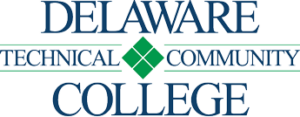
Jan 2026
Delaware Technical Community College
Workshop: Strategies to promote STEM student success
Dover, DE
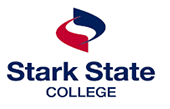
Jan 2026
Stark State College
Workshop:Designing effective and engaging courses to promote student success
Canton, OH

Jan 2026
Ohio Strong Start in Science Initiative
Workshop: In-class active
learning and problem
solving
Virtual

Jan 2026
Western Kentucky University
Workshop:Designing effective and engaging courses to promote student success
Virtual

Feb 2026
Workshop: Designing effective and engaging courses to promote student success
Lafayette, LA
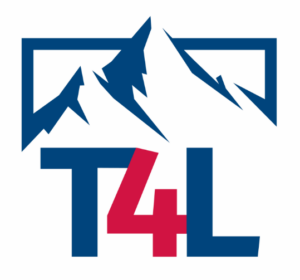
Feb 2026
Teaching for Learning Conference
Keynote:Designing effective and engaging courses to promote student success
Denver, CO

Feb 2026
Ohio Strong Start in Science Initiative
Workshop: Modern and
engaging clicker
questions
Virtual
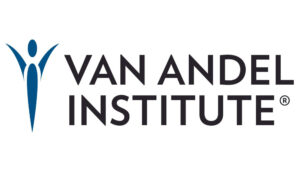
Feb 2026
Van Andel Institute
Guest Lecture: Using structure and scaffolds in graduate course design
Virtual

Feb 2026
Ohio Strong Start in Science Initiative
Workshop: Pre-class
reading/watching and
assignments
Virtual

Mar 2026
Ohio Strong Start in Science Initiative
Workshop: Alternative
and authentic assessment
Virtual

Apr 2026
Grand Canyon University (in partnership with Macmillan Learning)
Workshop: Structures and scaffolds for course design
Virtual

May 2026
Ohio Strong Start in Science Initiative
Workshop: Using student
and self-feedback to
improve teaching
Virtual
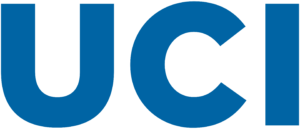



Company Info
Recombinant Education LLC
Founded by Justin Shaffer, PhD
Golden, CO
Contact
Let’s work together! Please contact me to discuss your unique circumstances, scheduling, rates, and questions.

